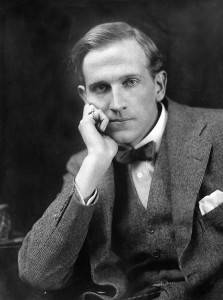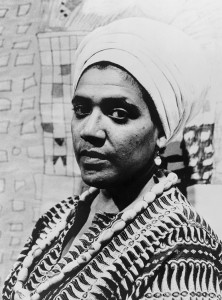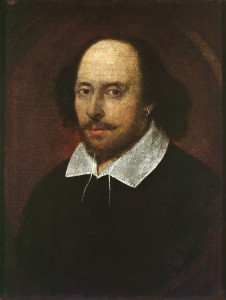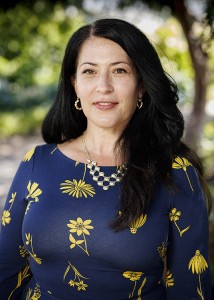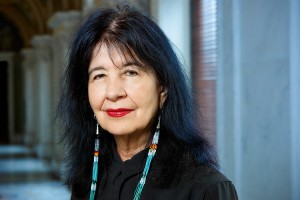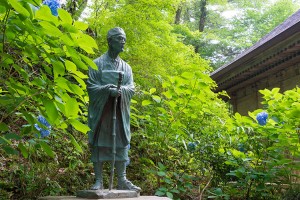Bookish Birthdays: A. A. Milne
Thursday, January 18th, 2024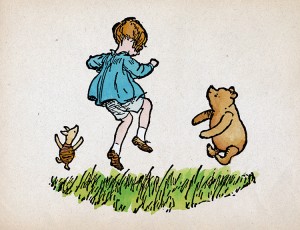
Christopher Robin plays with Winnie-the-Pooh and Piglet in this illustration by the English artist Ernest H. Shepard for Now We Are Six , (1927), a poetry collection by the English author A. A. Milne.
Credit: © Fototeca Gilardi/Marka/SuperStock
Gather your friends, we are going for a picnic in the Hundred Acre Wood to celebrate. Today is A. A. Milne’s birthday! Milne was an English author who wrote Winnie-the-Pooh (1926) and The House at Pooh Corner (1928). While he wrote other stories and poems, his books about the legendary Pooh Bear are considered masterpieces of children’s literature. Have you ever read about Pooh and his friends and misadventures?
Milne based the characters in the Pooh stories on his son, Christopher Robin, and the young boy’s stuffed animals. Milne’s stories describe the adventures of Christopher Robin and his animal friends in a forest called the Hundred Acre Wood. Some of the characters in the Pooh stories include Winnie-the-Pooh, a bear; Piglet, a small pig; and Eeyore, an old donkey. In his autobiography, It’s Too Late Now (1939), Milne told how his son’s stuffed animals led to the creation of the characters in the Pooh stories.
In addition to the Pooh stories, Milne wrote two classic collections of children’s poems, When We Were Very Young (1924) and Now We Are Six (1927). He wrote the children’s play Make-Believe (1918) and adapted Kenneth Grahame’s children’s book The Wind in the Willows into a play, Toad of Toad Hall (1929). Milne also created novels, short stories, and plays for adults. He wrote a famous detective novel, The Red House Mystery (1922), and a book of short stories called A Table Near the Band (1950). His comic plays include Mr. Pim Passes By (1919), The Truth About Blayds (1921), and The Dover Road (1922). He also wrote his Autobiography (1939).
No, his full name wasn’t A. A.! Alan Alexander Milne was born on January 18th, 1882, in London. He graduated from Cambridge University in 1903. From 1906 to 1914, he served as assistant editor of Punch, a humor magazine. Milne contributed many comic essays and poems to the magazine. He died on January 31st, 1956.

